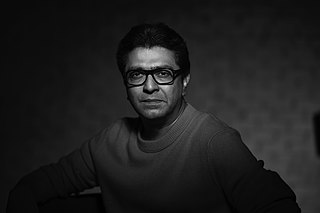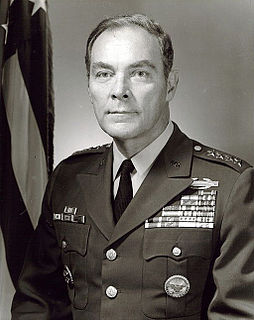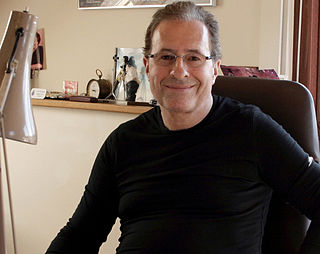A Quote by Tom Hodgkinson
The siesta provides a delightful detour from the working day and it also has a practical value as far as productivity is concerned. Winston Churchill had a good long siesta every day during the second world war and he said it was the thing that enabled him to cope with the pressure.
Related Quotes
Adlai Stevenson, himself a notable speaker, often reminisced about his last meeting with Churchill. I asked him on whom or what he had based his oratorical style. Churchill replied, "It was an American statesman who inspired me and taught me how to use every note of the human voice like an organ." Winston then to my amazement started to quote long excerpts from Bourke Cockran's speeches of 60 years before. "He was my model," Churchill said. "I learned from him how to hold thousands in thrall."
Stalin was experimenting with telepathy in the 1930's. Winston Churchill had a paranormal office, trying to get people to travel out of their bodies and see behind enemy lines in the Second World War. And the Pentagon... The X-Files is based on a real department in the Pentagon, that's still there now. Pretty much every government, probably as far back in time as we can go, has one. And the police will quite often - and when I say often, I mean often - they will go to mediums if all else fails in the enquiry.
The idea of having dinner together every day with your family removes the pressure from trying to explain everything. You tell us the good parts about your day, but you also tell us the bad parts about your day. And at the end of that, because you're in a ritual, you remove the pressure of admitting you had a failure that day. And it also takes the wind out of having a great day. I mean, it makes you a little bit more normal all the time. That moment of therapeutic sharing is something that happens in food, that doesn't necessarily happen when you're watching TV.
In 1939 Winston Churchill, describing the 5000-mile peaceful border dividing Canada and the United States, said, 'That long frontier from the Atlantic to the Pacific Oceans, guarded only by neighborly respect and honorable obligations, is an example to every country and a pattern for the future of the world.





































